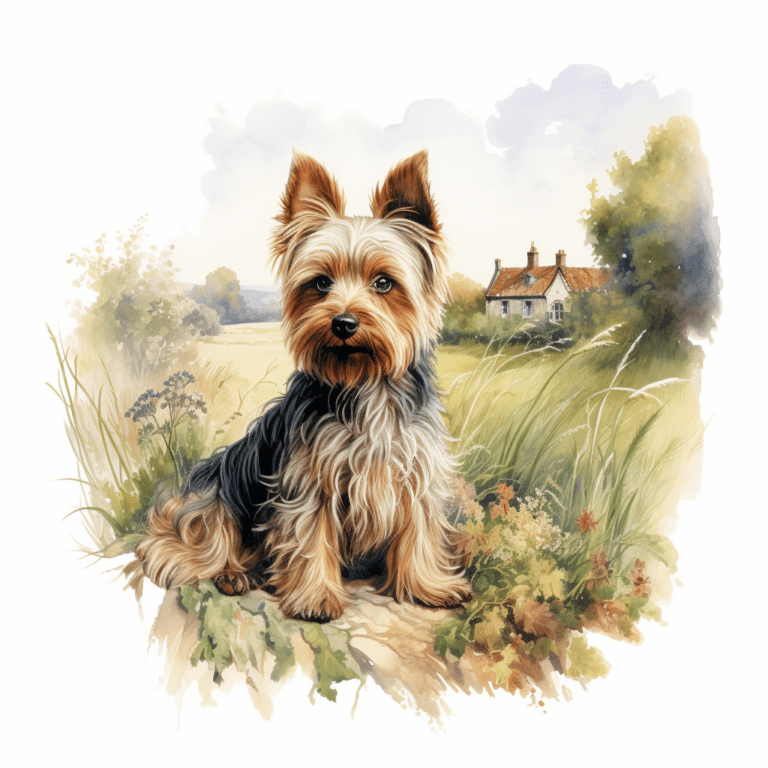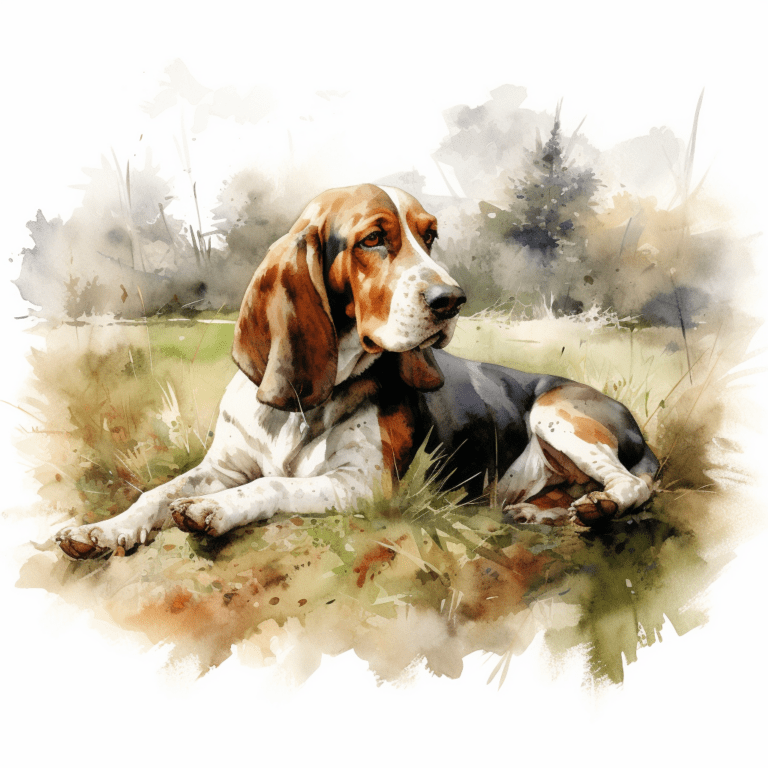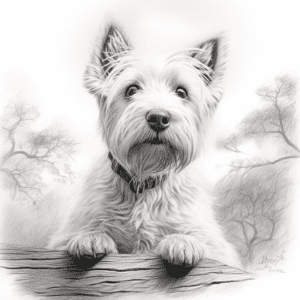Nutrition and Feeding
Proper nutrition is foundational to your dog’s health and well-being. A balanced diet supports your dog’s growth, maintains their energy level, and contributes to a healthy coat and skin. However, dogs’ nutritional needs vary widely depending on their breed, size, age, and activity level. Understanding these needs is crucial for their overall health.


All our content is crafted with the Irish dog owner in mind, from local event listings to specific health care tips relevant to the Irish climate.
Types of Dog Food
- Commercial Dog Foods: The most convenient option, available in dry kibble, wet food, and semi-moist forms. Dry food is economical and good for dental health, while wet food can be more palatable and hydrating.
- Homemade Diets: Offer control over ingredients but require knowledge to ensure they’re nutritionally complete. Consult with a vet or a pet nutritionist before choosing this route.
- Raw Diets: Some owners opt for raw diets, believing they offer natural benefits. However, it’s essential to understand the risks of raw feeding, such as potential for bacterial contamination and nutritional imbalances.
- Specialty Foods: These include grain-free, limited ingredient, and hypoallergenic diets for dogs with specific health needs or sensitivities.


Reading Labels & Portions
Understanding labels helps you choose the best food for your dog. Key components include the ingredient list, guaranteed analysis, and nutritional adequacy statement. Quality indicators include named animal protein sources and the absence of unnecessary fillers.
Feeding schedules and portions vary significantly. Puppies generally need small, frequent meals, while most adult dogs do well with one or two meals a day. Portion size depends on the dog’s breed, size, age, and activity level.
Dietary Needs at Different Life Stages
- Puppies: Require nutrient-rich food to support their rapid growth. Look for puppy-specific formulas with high-quality protein and essential nutrients.
- Adult Dogs: Need a well-balanced diet to maintain their health and energy. Monitor portion sizes to prevent obesity.
- Senior Dogs: Often require diets lower in calories but richer in fiber and specific nutrients to support aging bodies and slower metabolisms.
Managing Special Dietary Requirements: Addressing special dietary needs, including allergies and health conditions, is crucial. Custom diets may be necessary, and it’s essential to work with a veterinarian to ensure these diets are nutritionally complete.


Hydration
Importance of Water in a Dog’s Diet
Water is a critical component of a dog’s diet. It aids in digestion, nutrient absorption, temperature regulation, and elimination of waste.
Monitoring Water Intake
Dogs should have access to fresh, clean water at all times. The amount of water a dog needs can depend on their size, diet, age, activity level, and environmental conditions.
Signs of Dehydration
Signs of dehydration in dogs include lethargy, dry gums, excessive panting, and decreased appetite. If you suspect your dog is dehydrated, provide water immediately and consult a vet if symptoms persist.
Special Considerations
In hot weather or after exercise, dogs may need more water. Similarly, dogs with certain health conditions may require special hydration considerations. Always ensure your dog has access to water, especially when outdoors or left alone for a period.
All our content is crafted with the Irish dog owner in mind, from local event listings to specific health care tips relevant to the Irish climate.
Our Latest Posts


Puppy Essentials – Preparing for a New Arrival
Bringing a new puppy home is an exciting adventure filled with love and learning. By following this guide, you’ll be well on your way to providing a safe, nurturing environment for your new family member. Remember, patience, consistency, and love are key to raising a happy, healthy puppy. Embrace every moment of this rewarding journey with your furry friend!


Foods That Humans Eat That Are Toxic to Dogs
As dog owners, we often treat our furry friends as part of the family, sharing our lives and sometimes even our meals with them. However, what’s tasty and harmless for us can be dangerous, even fatal, for our canine companions. It’s crucial to be aware of the human foods that can pose serious health risks to dogs. This knowledge not only ensures the safety of our pets but also helps us make informed decisions when it comes to feeding them.


Understanding and Managing Separation Anxiety in Dogs
Separation anxiety in dogs is a common but often misunderstood condition. It’s more than just a pet missing its owner; it’s a serious behavioral issue that can significantly impact the well-being of both dogs and their owners. Recognizing and addressing this emotional distress is crucial for maintaining a happy, healthy relationship with your canine companion
